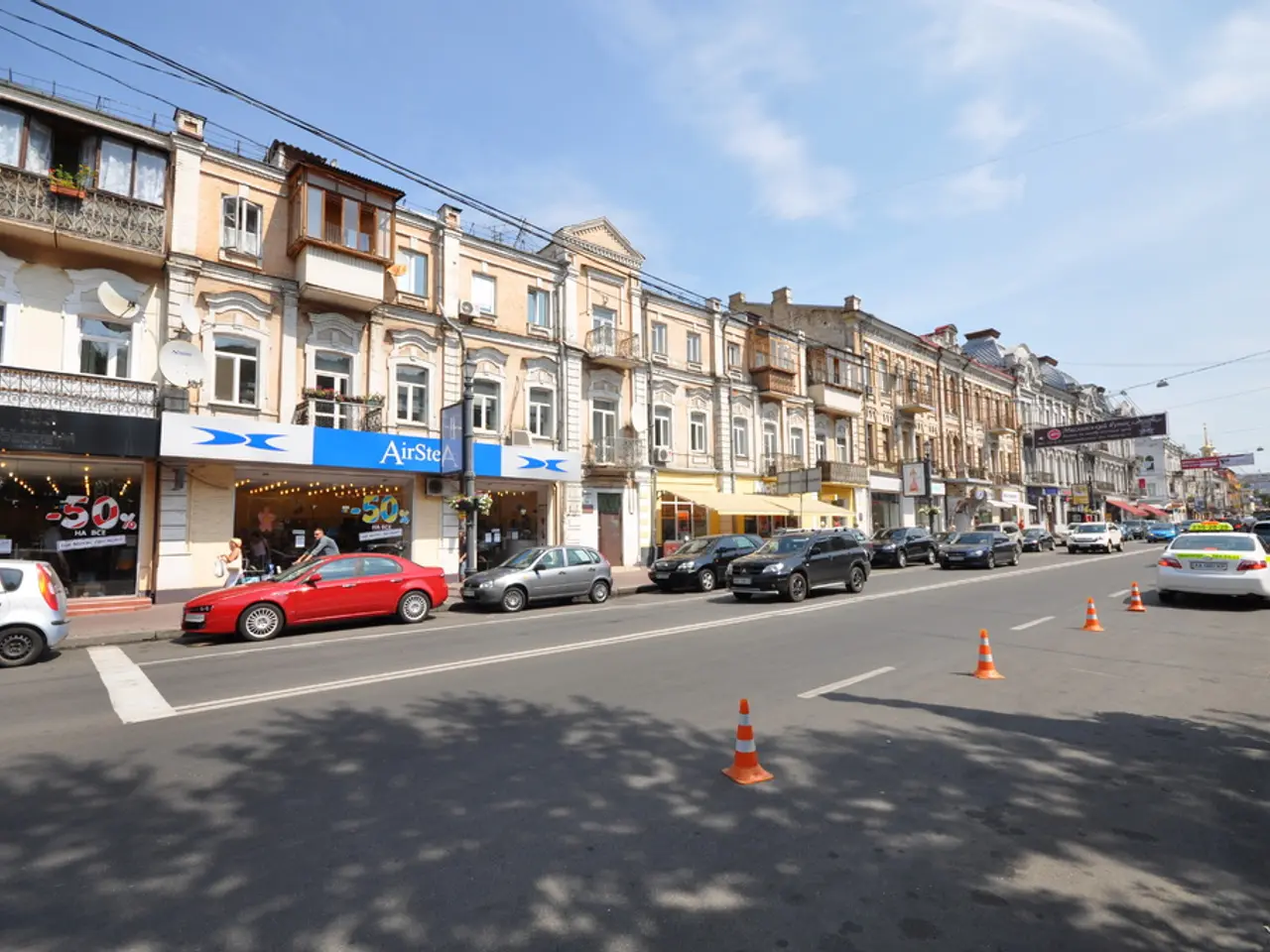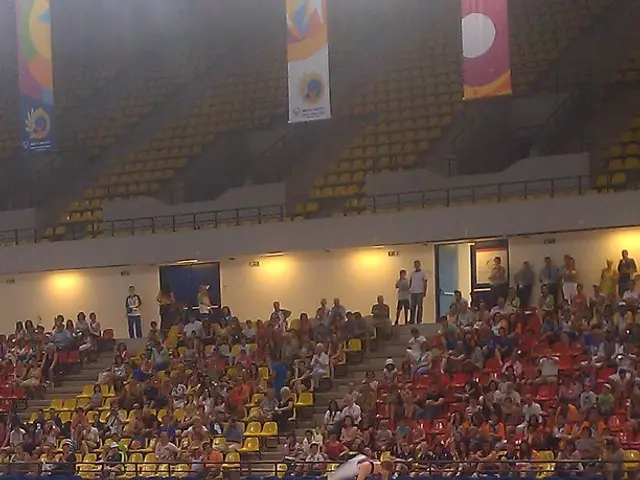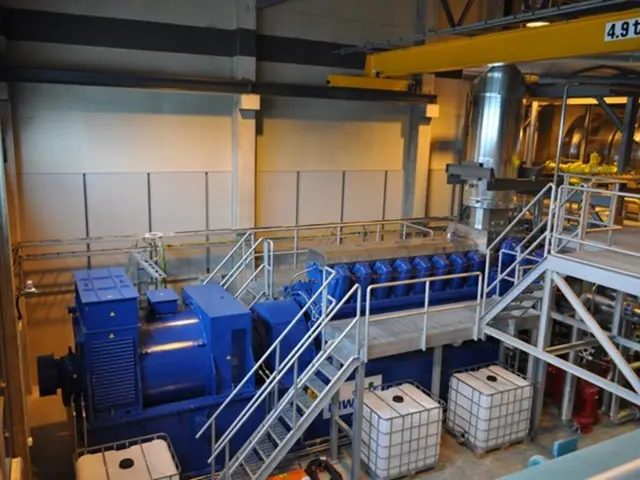Transforming Urban Commuting: The Impact of Intelligent Traffic Control Systems
In the heart of Germany, the city of Essen has embarked on an ambitious project called Connected Mobility Essen (COMO), spanning the years 2020 to 2025. This initiative aims to develop an integrated, AI-based system for real-time urban traffic monitoring, analysis, and control. By utilising connected sensors, real-world laboratories, and a new traffic control centre, the city hopes to optimise traffic flows, reduce nitrogen emissions, and promote public transportation.
One of the key features of this smart traffic management system is the ability to offer intelligent ride-sharing recommendations based on traffic patterns. This means that commuters can enjoy a smoother journey, while the city benefits from reduced congestion and improved air quality.
The success of such systems relies heavily on engagement with local stakeholders, including residents, city planners, and business owners. City forums and workshops provide a platform for these groups to voice concerns and share suggestions about traffic dynamics in their neighbourhoods.
As technology advances, the integration of emerging technologies into traffic management is expected to deepen. Mobile apps, for example, are already being used to provide real-time updates, route suggestions, and alerts to users. Adaptive Signal Control, a technology that adjusts traffic signal timings according to current traffic volumes, is another example of how these systems are evolving.
The rise of autonomous vehicles brings exciting possibilities for urban mobility in the future. Smart Traffic Cameras, monitoring vehicle movements and incidents in real-time, will play a crucial role in managing these new forms of transport.
However, the focus of smart traffic management systems remains on enhancing quality of life, improving connectivity, and cultivating community relationships. Smarter traffic systems make urban events like food festivals, markets, and pop-up events more inviting. They also help reduce idling time and curb stop-and-go driving, lowering emissions and improving air quality.
Moreover, improved traffic management contributes positively to mental well-being and helps cultivate a vibrant local culture. The next generation of urban travel experience is paving the way for a more connected and sustainable future. In Essen, the journey in smarter traffic systems is as enjoyable as the destination.
For those interested in learning more about this topic, we recommend exploring the related posts and external content links provided. Together, we can shape the future of urban mobility and create a more connected, sustainable city.








